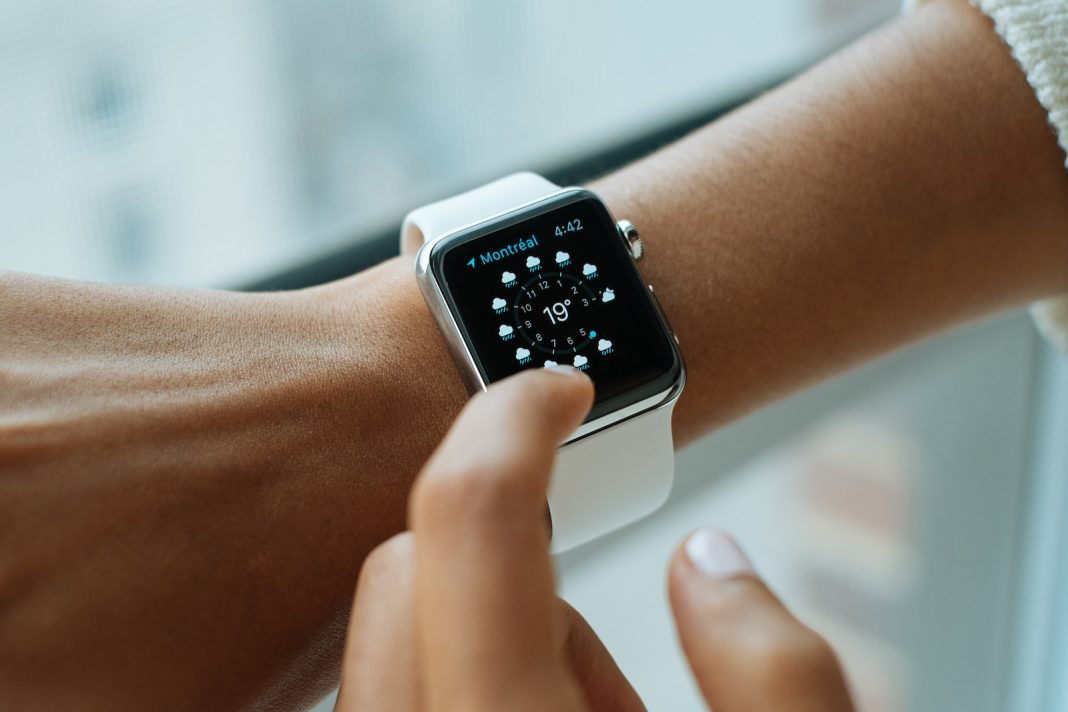In a recent blow to tech giant Apple, the Watch Series 9 and Watch Ultra 2 have been barred from sale in the United States following the Biden administration’s decision not to override the ban imposed by the International Trade Commission (ITC). The move comes after careful consideration by the Office of US Trade Representative Katherine Tai, marking a significant development in a patent infringement dispute with medical technology company Masimo.
Apple swiftly removed both devices from its official website on December 21st and from store shelves starting December 24th, complying with the ITC’s determination. The ITC had found that Apple had violated Masimo’s patent related to blood oxygen saturation technology, prompting the ban and ordering the cessation of sales of any previously-imported devices incorporating the contested technology.
In response to the decision, an Apple spokesperson, who chose to remain anonymous in a statement to Reuters, revealed that the company is set to challenge the ITC ruling through an appeal. The spokesperson expressed strong disagreement with the exclusion order and the USITC decision, asserting that Apple is actively taking measures to swiftly restore the availability of Apple Watch Series 9 and Apple Watch Ultra 2 to customers in the US.
While awaiting the outcome of the appeal, Apple attempted to block the ban, a move denied by the ITC. The last glimmer of hope for Apple rested in the possibility of a veto from President Joe Biden, which did not materialize. This decision has left Apple in a challenging position, prompting the company to explore various avenues to mitigate the impact on its business and customers.
The ban, however, is limited to Apple’s own stores in the US. Consumers still have the opportunity to purchase the affected models from other retailers, including Best Buy and Target, until supplies are exhausted. Notably, the Watch SE remains unaffected by the ban as it does not feature a blood oxygen sensor.
The implications of this setback for Apple remain uncertain, raising questions about the company’s future strategy. There are several potential paths Apple could take, as outlined by industry observers. One option includes implementing software changes to modify the blood oxygen sensor on the affected watches. However, this approach may not be sufficient to appease the ITC’s concerns.
Another possibility involves disabling the blood oxygen sensor on imported devices. While this might address the immediate ban, it poses a challenge for Apple as it could affect the functionality and appeal of the products in question. The ITC’s stance on such measures remains uncertain, leaving Apple in a precarious position.
Alternatively, Apple could opt for a settlement with Masimo to resolve the patent infringement dispute. Negotiating a resolution with the medical technology company could provide a quicker and more certain path to lifting the ban. However, settling with Masimo might involve financial considerations and potential adjustments to Apple’s product design.
The ban on the Watch Series 9 and Watch Ultra 2 underscores the growing importance of intellectual property rights in the tech industry. As companies continue to innovate and develop new technologies, legal battles over patents and intellectual property become more common. The outcome of Apple’s appeal and the subsequent actions taken by the company will undoubtedly shape the landscape of patent disputes in the tech sector.
For now, Apple remains determined to navigate the challenges posed by the ban and is actively working towards a resolution. As the tech giant seeks to overturn the ITC’s decision, the industry and consumers alike will closely watch the developments, anticipating the potential impact on future product releases and the broader patent landscape in the US.


